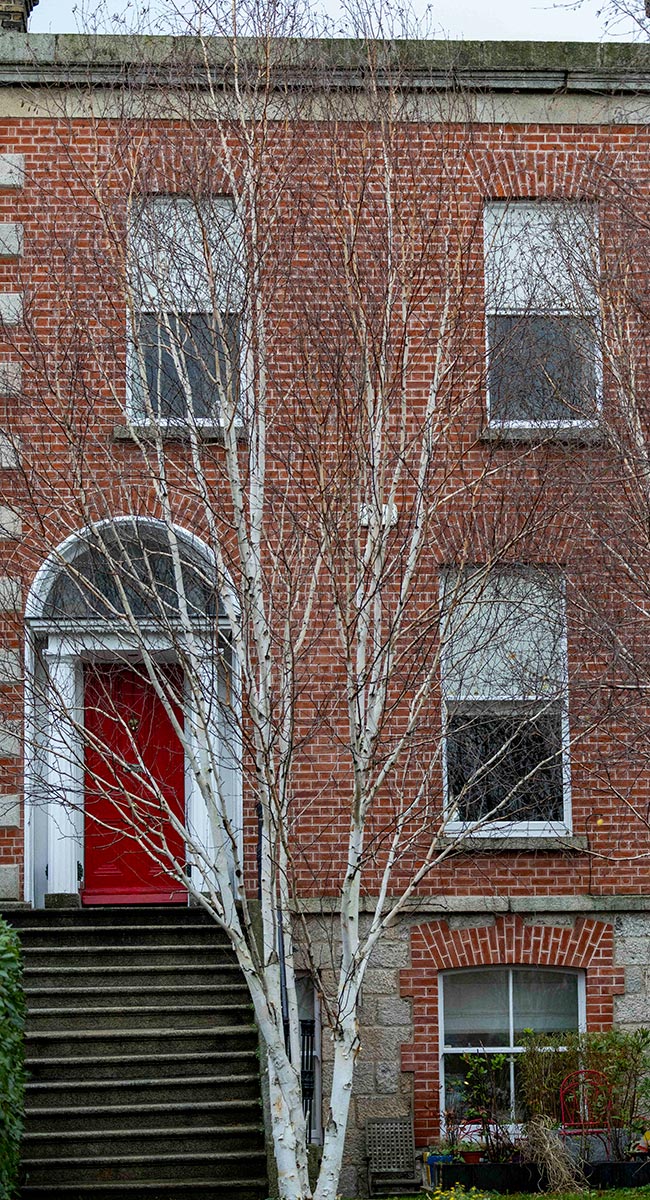Property developer Paddy Kelly, who previously had to move out of his luxury Shrewsbury Road home after running up debts of €350m, must now vacate another Ballsbridge home, the High Court has ruled, writes Helen Bruce.
His wife Maureen Kelly had challenged a determination by the Residential Tenancies Board (RTB) in January, concerning the couple’s home in Morehampton Road, Dublin 4.
It had ruled that a termination served by their landlord was valid, and ordered them to move out within 42 days.
It also ordered that they pay €60,000 in rent arrears – the maximum the RTB is allowed to give.
The landlord, Miraclove Holdings Ltd, had claimed the couple owed it €105,000 in unpaid rent.
Mr Kelly and his brothers had made money building houses around the country during Ireland’s first big property boom, in the 1960s, and he later went on to break into the Dublin market – often supported by Anglo Irish Bank.
His many projects included several major Docklands developments.
Mr Kelly estimated his wealth at the height of the Celtic Tiger to be around €350m, but he told the High Court in 2009 – the year he left his €10m home on Shrewsbury Road – that he was on the brink of bankruptcy.
By July 2010, in a total reversal of fortune, he owed the banks around €350m, and his developments were taken into Nama.
After moving out of Shrewsbury Road, he told a reporter: “I’m living in a nice house on Morehampton Road now.
“In a way that suits everyone, including those who need to know that Paddy Kelly has suffered.”
Laughing, he said: “That’s fine, it’s a lovely house.”
Judge Conleth Bradley noted that the Morehampton Road property was in a Rent Pressure Zone and that it had first been let to Mrs Kelly in January 2010.
A new tenancy agreement had been signed with Miraclove in November 2019.
The judge said the landlord was entitled to terminate a tenancy on a number of grounds, including that it was selling the property within nine months.
Mrs Kelly argued that the RTB had erred in law in finding that there was sufficient evidence provided by the landlord that it was going to sell.
She disputed that it had any genuine intention or capacity to sell, because she claimed the landlord had already agreed in 2016 to give her an option to buy the house – something which the landlord contested.
She told the RTB she had registered a lis pendens over the property – an official notice informing the public that a lawsuit has been taken concerning a claim on that property.
She wanted the RTB’s support of the termination notice to be cancelled.
The landlord countered that the lis pendens was not a bar to sale, but rather a factor that had to be disclosed to a potential buyer.
It said it could not sell the property unless it was vacant.
The RTB told the High Court that it had found, on the balance of probabilities, that the landlord did intend to sell the house.

Judge Bradley ruled that the RTB could reasonably reach that conclusion.
He dismissed Mrs Kelly’s appeal, and said he would hear arguments in January about who should pay the legal costs.
In 2010, speaking at the McGill Summer School in Co. Donegal, Mr Kelly became one of the first Irish developers to admit how bad things had got following the financial crash.
“We as a group of people owe about €5bn, we as a family owe about €800m,” he said.
Photo: PADDY KELLY, PROPERTY DEVELOPER.











